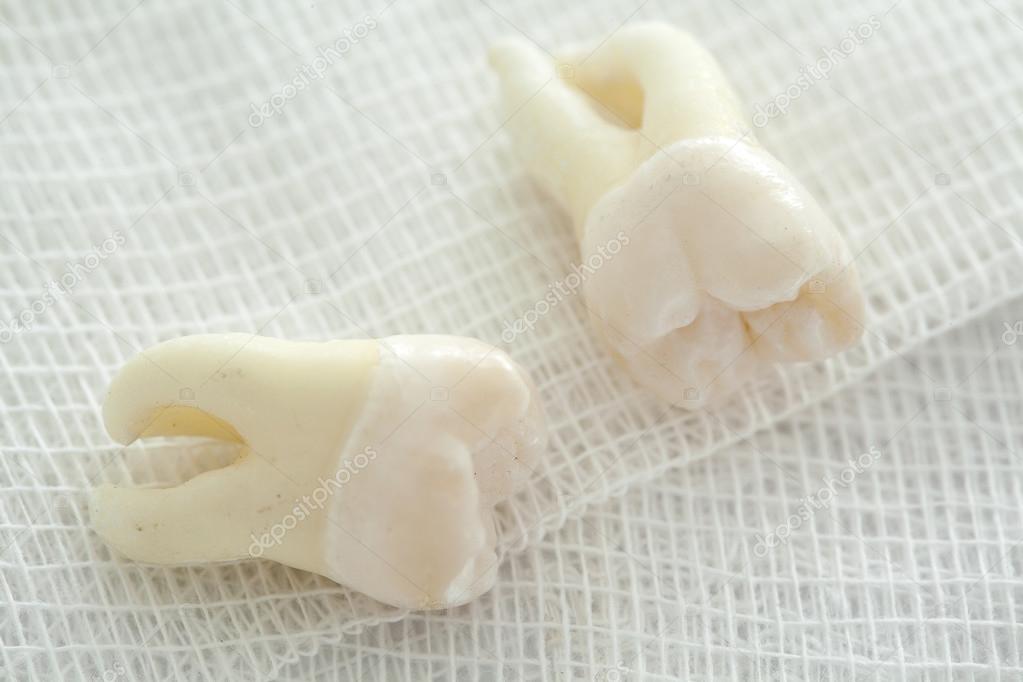
Wisdom tooth extraction is a common procedure that can prevent future dental issues and relieve discomfort caused by impacted or misaligned teeth. If you are scheduled for a first dental visit, you may have questions about the procedure and recovery. Knowing what to expect helps ensure you feel comfortable and informed throughout the process.
Why Wisdom Teeth Are Often Extracted
Wisdom teeth, which usually emerge in the late teens or early twenties, can cause complications when there is not enough space in the mouth for them to grow properly. When these teeth become impacted, partially emerge or grow at odd angles, they can lead to pain, infection or alignment issues with other teeth.
Preparing for Your Wisdom Tooth Extraction
Before the procedure, you will be scheduled for a consultation to examine your teeth and discuss your options. This initial appointment typically includes X-rays or a 3D scan to get a detailed view of the position of each wisdom tooth. This helps determine the best approach for extraction based on your specific needs.
During the consultation, you will also be offered anesthesia options to ensure a comfortable experience. There are several possible choices:
- Local Anesthesia numbs the area around the tooth, so you will not feel pain during the procedure.
- Nitrous Oxide (Laughing Gas) can be added for relaxation and mild sedation.
- IV Sedation is available for those who prefer a deeper level of relaxation during the extraction, keeping you comfortable.
The Wisdom Tooth Extraction Process
Once you are settled in the treatment chair and the anesthesia has taken effect, your dentist begins the tooth extraction. The process varies depending on whether the tooth has fully emerged or is impacted. Throughout the procedure, your dentist will focus on ensuring you are relaxed.
- Simple Extraction: If the tooth has fully erupted through the gums, removing it may be similar to a regular tooth extraction.
- Surgical Extraction: For impacted or partially erupted wisdom teeth, a small incision in the gum is needed. Sometimes, a portion of bone covering the tooth may be gently removed to allow access to the tooth. The tooth might also be divided into smaller sections to make extraction easier and minimize disruption to surrounding tissue.
What To Expect During Recovery
After the extraction, your dentist will provide detailed aftercare instructions to support a smooth recovery. The initial healing period usually lasts about one to two weeks, during which it is essential to take it easy and follow our care recommendations.
- Managing Swelling and Discomfort: Some swelling and mild discomfort are normal after extraction, especially with impacted teeth. Cold compresses applied to the jaw and over-the-counter or prescribed medications can help relieve discomfort.
- Dietary Adjustments: For the first few days, stick to soft foods like soup, yogurt and applesauce. Avoid hot, spicy or crunchy foods that could irritate the extraction site. Hydration is also important but refrain from using a straw as the suction could disturb the healing area.
- Oral Hygiene: Keeping your mouth clean promotes healing. Rinse gently with warm salt water after the first 24 hours, and avoid brushing directly over the extraction site.
Benefits of Wisdom Tooth Extraction
By removing problematic wisdom teeth, you are taking an important step to protect your long-term oral health. Extraction can prevent complications such as overcrowding, misalignment, infections and decay. Many people also find that, once the wisdom teeth are removed, they experience less frequent dental discomfort.
Our goal is to provide a supportive and comfortable experience for wisdom tooth extraction in Mandeville, LA. From consultation to recovery, we are here to answer questions and ensure you feel confident in your care. To move forward with wisdom tooth extraction or to get more information, we invite you to reach out and contact our office today.

